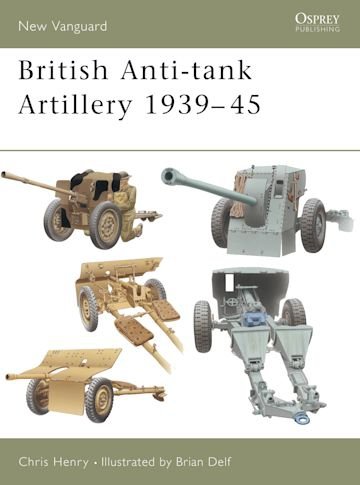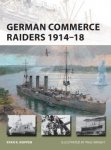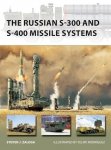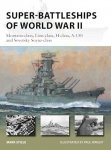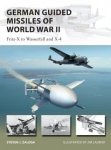X
-
Załączniki bezpieczeństwa
Załczniki do produktuZałączniki dotyczące bezpieczeństwa produktu zawierają informacje o opakowaniu produktu i mogą dostarczać kluczowych informacji dotyczących bezpieczeństwa konkretnego produktu
-
Informacje o producencie
Informacje o producencieInformacje dotyczące produktu obejmują adres i powiązane dane producenta produktu.Osprey Publishing
-
Osoba odpowiedzialna w UE
Osoba odpowiedzialna w UEPodmiot gospodarczy z siedzibą w UE zapewniający zgodność produktu z wymaganymi przepisami.
The rapid development of the tank as an offensive weapon following its introduction in World War I gave artillery theorists cause for concern during the 1920s and 1930s. By the beginning of World War II anti-tank guns had been developed, initially at around 37mm and 2 pounds in weight of shot. By the end of the war, monster anti-tank weapons were being developed, able to penetrate an armour thickness of up to 200mm at a range of 1,000 yards. This book explores the British efforts to keep up in a war of development, which saw heavier and more powerful guns eventually replaced by experimental ideas in an attempt to stop the German onslaught.



